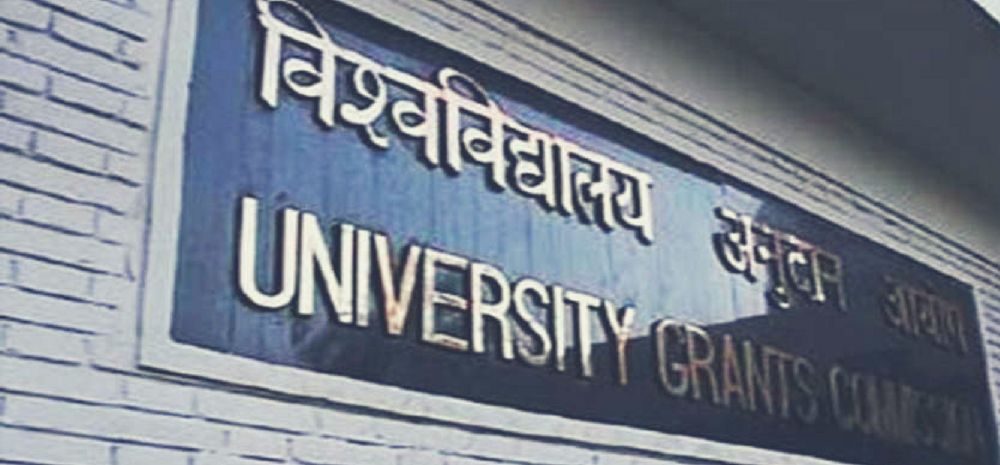The University Grants Commission (UGC) has introduced draft regulations to transform undergraduate and postgraduate programs. Key changes include biannual admissions, multiple entry-exit points, discipline-agnostic eligibility, flexible attendance, accelerated and extended degree options, and advanced eligibility for 4-year UG graduates. These reforms align with NEP 2020, enhancing flexibility and fostering multidisciplinary education.

1. Biannual Admissions for Greater Flexibility
Higher education institutions can now conduct admissions twice a year, in July/August and January/February. This reduces waiting times for students and aligns Indian education with global standards, offering greater flexibility for academic pursuits.
2. Multiple Entry-Exit and Recognition of Prior Learning
Students can join or leave academic programs at various stages, resuming studies seamlessly. With recognition of prior learning, learners can pivot to new interests without starting over. Additionally, students can pursue two UG or PG programs simultaneously, broadening their educational scope.
3. Discipline-Agnostic Admissions
Rigid alignment between prior qualifications and chosen disciplines has been removed. Students can apply for programs in any field if they clear relevant entrance exams. This change promotes interdisciplinary learning, a core aspect of NEP 2020.
4. Flexible Attendance Policies
HEIs now have the autonomy to decide attendance requirements. With statutory approvals, institutions can tailor policies to suit hybrid and modern learning modes, balancing traditional classrooms with online and experiential methods.
5. Credit Distribution for Holistic Education
To earn an undergraduate degree with a specific major, students must complete 50% of credits in that discipline. Remaining credits can be allocated to skill-based courses, apprenticeships, or other subjects, fostering a well-rounded educational experience.
6. Accelerated and Extended Degree Programs
Undergraduate students can opt for Accelerated Degree Programs (ADP) or Extended Degree Programs (EDP) based on their pace. Up to 10% of intake is reserved for ADP, while EDP has no cap. Curriculums remain unchanged, but completion timelines vary, accommodating diverse learner needs.
7. Advanced PG Eligibility for 4-Year UG Graduates
Graduates of 4-year UG programs with Honors or Honors with Research can directly pursue advanced 2-year postgraduate programs like M.E. or M.Tech. This eligibility bridges UG and PG education, fostering deeper, research-oriented learning.
Conclusion
UGC’s proposed changes represent a paradigm shift in Indian higher education, prioritizing flexibility, multidisciplinary learning, and alignment with NEP 2020. These reforms empower students to craft personalized academic journeys, ensuring India’s education system stays globally competitive.












